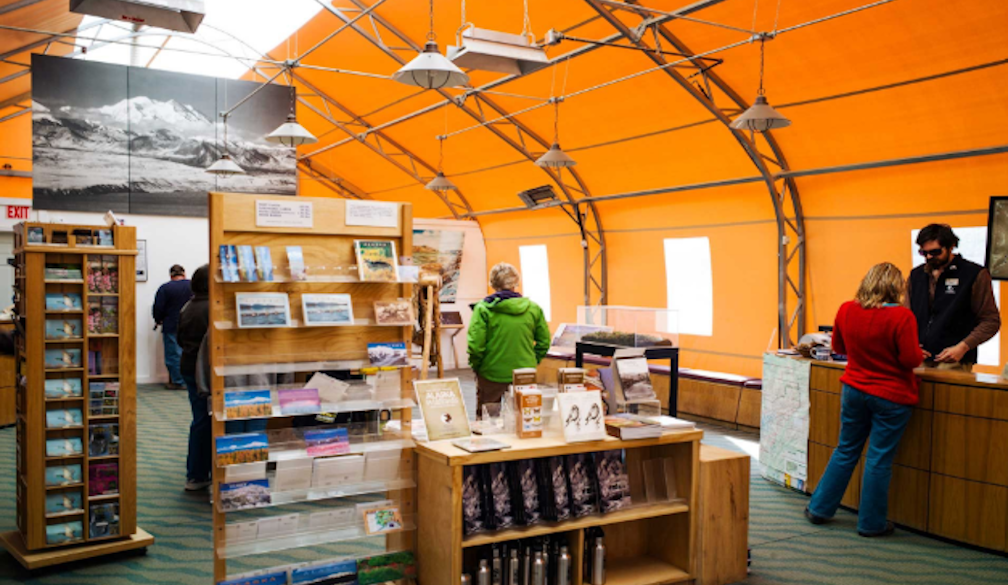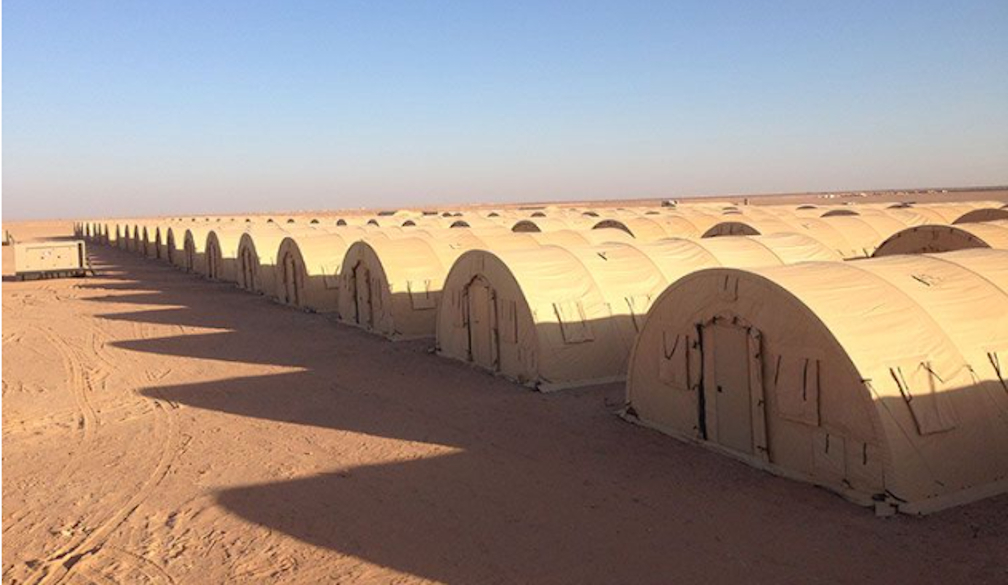Mud Kitchens as a Tool for Early Childhood Learning
- Written by Metropolitan Digital

Children's play is a realm of imagination, creativity, and exploration. In this world, mud becomes a canvas for art, a culinary delight, and a source of endless amusement. Mud kitchens for kids are a remarkable and enchanting addition to this world of play. These humble outdoor setups are more than just a place to get dirty; they are a gateway to a world of sensory experiences, learning opportunities, and endless fun. In this essay, we will delve into the enchanting world of mud kitchens for kids, exploring their significance, benefits, elements, and the transformative power of mud play.
The Significance of Mud Kitchens for Kids
Mud kitchens are not just an outdoor play area; they are a haven for sensory exploration and creative expression. The significance of mud kitchen for kids can be best understood through the following aspects:
Sensory Development: Mud play engages all the senses - touch, smell, sight, and even taste. Children experience different textures, temperatures, and consistencies, fostering sensory development.
Imaginative Play: Mud kitchens serve as a stage for imaginative play. Children can be chefs, scientists, or explorers as they concoct potions, bake mud pies, or create intricate dishes from nature's pantry.
Physical Activity: Mud play encourages physical activity and gross motor skill development. Digging, pouring, and stirring mud are all physically engaging activities that help build strength and coordination.
Nature Connection: Mud play connects children with nature. They learn about the earth, its properties, and the natural world as they interact with mud, soil, and water.
Social Interaction: Mud kitchens promote social interaction and cooperation. Children often collaborate on mud projects, negotiate roles, and communicate as they play together.
Elements of a Mud Kitchen
A typical mud kitchen for kids includes various elements that make it a captivating play space. These elements are designed to encourage creativity and exploration:
Mud Mixing Station: This is the heart of the mud kitchen, where children can mix soil, water, and other natural materials to create their concoctions.
Mud Pots and Pans: Child-sized pots, pans, and utensils allow kids to cook, bake, and experiment with mud creations.
Natural Ingredients: Providing natural materials like leaves, sticks, rocks, and flowers allows children to incorporate these elements into their mud creations.
Water Source: A water source, such as a hose or buckets, is essential for adding the right consistency to the mud and for cleaning up afterward.
Countertop and Shelves: These provide workspaces for kids to create and organize their mud dishes. Shelves can hold additional materials and tools for their mud adventures.
Benefits of Mud Kitchens for Kids
The benefits of mud kitchens for kids extend far beyond simple play. Here are some of the remarkable advantages:
Cognitive Development: Mud play fosters problem-solving skills and encourages experimentation. Children learn through trial and error as they discover how different materials interact with mud.
Creativity and Imagination: Mud kitchens ignite creativity as children invent their recipes, stories, and scenarios. They can be anything they imagine in the world of mud.
Physical Skills: Mud play promotes the development of fine and gross motor skills. Children refine their hand-eye coordination, balance, and spatial awareness through various mud-related activities.
Emotional Development: Playing with mud is inherently calming and stress-relieving. It provides an opportunity for self-expression and emotional release.
Connection to Nature: Mud play connects children to the natural world. They learn about the environment, ecosystems, and the importance of conservation as they engage with natural materials.
Transformative Power of Mud Play
The transformative power of mud play lies in its ability to nourish a child's mind, body, and soul. Here's how mud play can transform a child's world:
Fostering Resilience: Mud play encourages children to embrace challenges and get their hands dirty. It teaches resilience as they adapt to unexpected outcomes and find solutions to problems.
Cultivating Curiosity: Mud play sparks curiosity and a thirst for knowledge. Children ask questions, make observations, and engage in scientific thinking as they explore the properties of mud and its interactions.
Nurturing Confidence: When children see their mud creations come to life, it boosts their self-confidence and sense of accomplishment.
Encouraging Responsibility: Mud play comes with its responsibilities. Children learn to care for their mud kitchen tools and materials, promoting a sense of responsibility and ownership.
Building Friendships: Mud play often involves collaboration and teamwork. Children build friendships and strengthen social bonds as they work together on mud projects.
Conclusion
Mud kitchens for kids are portals to a world of wonder, imagination, and growth. They are more than just play spaces; they are laboratories of learning and creativity. Mud play engages the senses, promotes cognitive and physical development, and nurtures a deep connection to nature. It cultivates curiosity, resilience, and a love for exploration.
In the enchanting world of mud play, children become chefs, artists, scientists, and explorers, discovering the transformative power of mud and their own limitless potential. Mud kitchens remind us that play is a profound journey of discovery, and through mud, children embark on adventures that shape their understanding of the world and their place in it.










